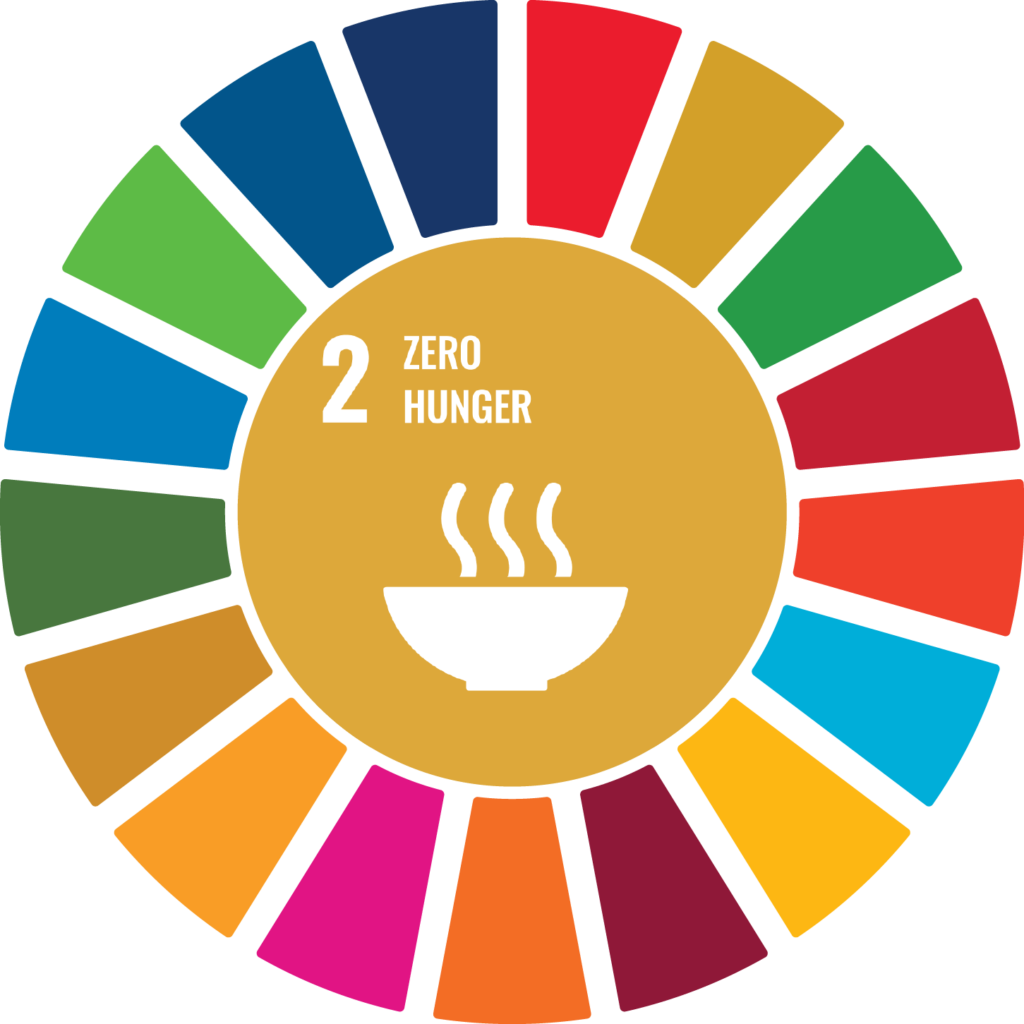Agrofood Discount Value-Chain

In a world plagued by hunger and striving for sustainable development, agricultural value-chain products discount programs play a crucial role. These programs not only address immediate food security concerns but also contribute to long-term sustainability. By ensuring access to affordable and nutritious food, they have the potential to combat hunger and promote sustainable development simultaneously.
- Enhancing Food Security: Discount programs in the agricultural value-chain provide vital support in improving food security. By reducing the cost of agricultural inputs such as seeds, fertilizers, and equipment, these programs enable farmers to increase their productivity and yield. This surplus production can be directed towards meeting the nutritional needs of vulnerable populations, reducing their dependence on external aid. Consequently, food security is bolstered at both the individual and community levels.
- Empowering Smallholder Farmers: Discount programs targeted at smallholder farmers empower them by making essential resources more accessible. Smallholders often face financial constraints in purchasing quality inputs, hindering their productivity. By reducing costs, these programs level the playing field, allowing smallholders to compete and thrive. Empowered farmers become agents of change, contributing to poverty alleviation and overall rural development.
- Promoting Sustainable Agriculture: Discount programs can incentivize the adoption of sustainable agricultural practices. By offering discounts on environmentally friendly inputs such as organic fertilizers and pesticides, these programs encourage farmers to embrace sustainable farming methods. This leads to reduced chemical usage, soil conservation, and improved water management. Consequently, the long-term sustainability of agricultural systems is enhanced, reducing negative environmental impacts and preserving natural resources for future generations.
- Strengthening Value Chains: Discount programs contribute to the strengthening of agricultural value chains by creating linkages between farmers, processors, and consumers. By reducing the financial burden on farmers, they promote the production of surplus goods. This surplus can then be processed, adding value to agricultural products and creating employment opportunities in rural areas. Additionally, affordable products reach consumers, enhancing their nutrition and overall well-being.
Agricultural value-chain products discount programs play a pivotal role in addressing hunger and promoting sustainable development. By enhancing food security, empowering smallholder farmers, promoting sustainable agriculture, and strengthening value chains, these programs create a positive ripple effect. Governments, NGOs, and international organizations must recognize and invest in such initiatives to ensure a future where hunger is eradicated, and communities thrive in a sustainable manner.